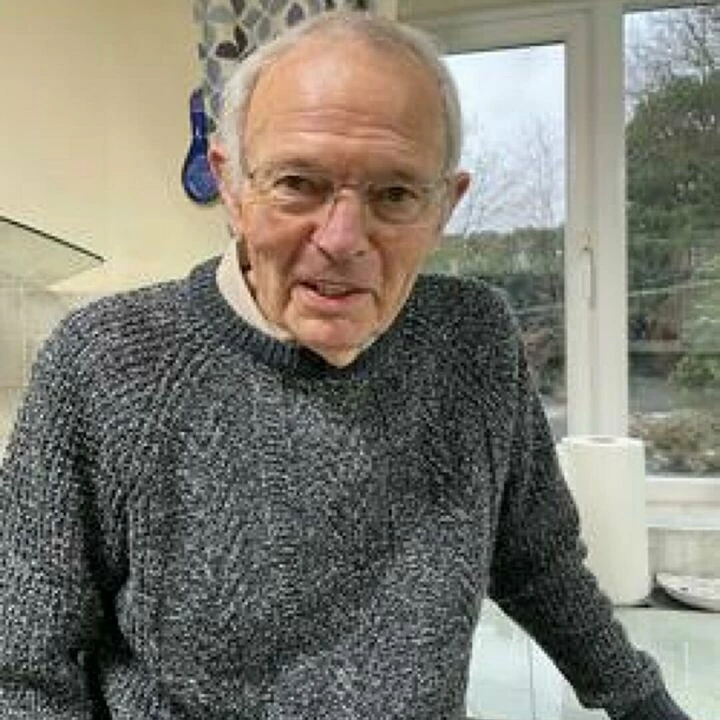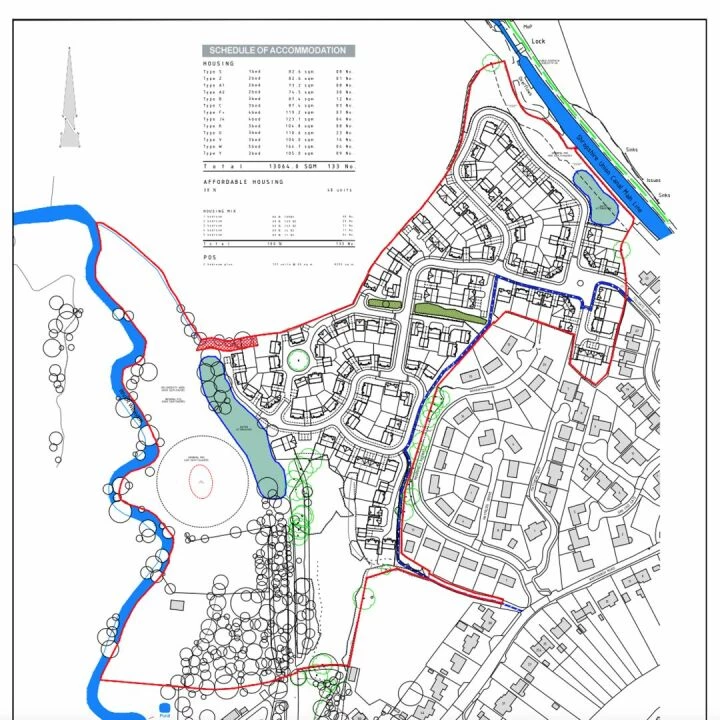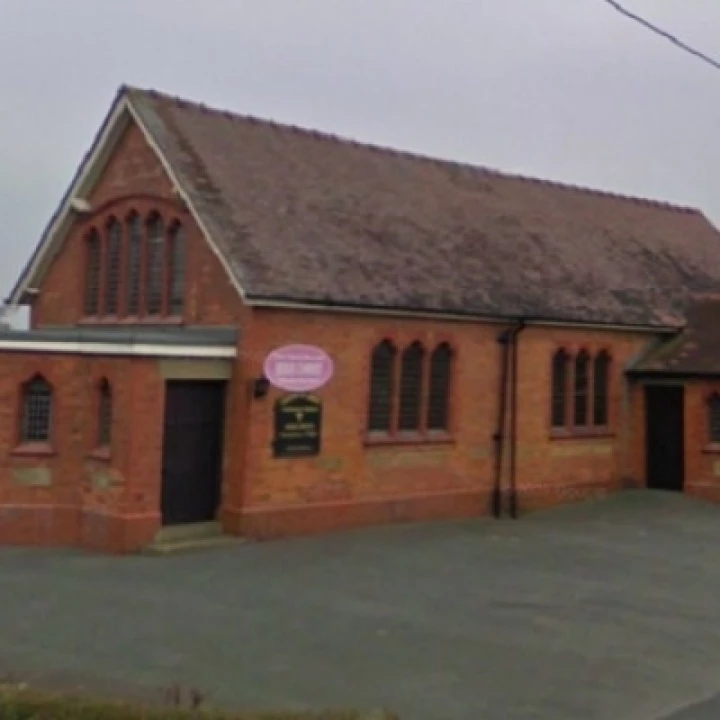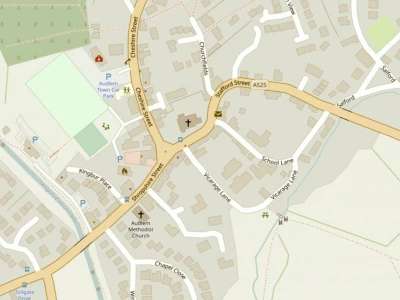







Christiaan Eijkman
Christiaan Eijkman was a Dutch physician and professor of physiology whose demonstration that beriberi is caused by poor diet led to the discovery of antineuritic vitamins (thiamine). Together with Sir Frederick Hopkins, he received the Nobel Prize for Physiology or Medicine.
Christiaan Eijkman was the seventh child of Christiaan Eijkman and Johanna Alida Pool. In 1875, after taking his preliminary examinations, Eijkman became a student at the Military Medical School of the University of Amsterdam, where he was trained as a medical officer for the Netherlands Indies Army, passing through all his examinations with honours.
In 1883, Eijkman left the Netherlands for The Indies, where he was made medical officer of health. In Tjilatjap, he caught malaria and had to return to Europe on sick-leave. This enabled him to work in Amsterdam, and Berlin where he came into contact with two scientists who took him as an assistant to their mission. This mission had been sent out by the Dutch Government to conduct investigations into the disease Beriberi.
The mission was recalled, but the laboratory which had been temporarily set up was made permanent and Christiaan Eijkman was appointed its first Director. Eijkman was Director from 1888 to 1896, and during that time he made a number of his most important researches. These dealt first of all with the physiology of people living in tropical regions; proving that the blood, respiratory metabolism, perspiration, and temperature regulation of Europeans living in the tropics undergoes no change.
Although he had been sent to the Dutch East Indies to study Beriberi, his discovery of the cause was accidental. He noticed the symptoms of beriberi in some chickens used in his laboratory when their feed had been altered from unpolished to polished rice for a few months. Eijkman surmised that polished rice lacked a dietary component found in unpolished rice, and that beriberi was caused by depriving the body of this component. He suspected the disease was caused by an unknown bacteria.
Eijkman was unable to continue his research due to ill health, but a study by his friend Adolphe Vorderman confirmed the link between polished rice and the disease. Eventually it was determined the missing compound that was causing Beriberi was vitamin B1, thiamine. For his contributions to the discovery of antineuritic vitamins, Eijkman won the 1929 Nobel Prize for Medicine, sharing the prize with Sir Frederick Hopkins.
In 1898 he became Professor in Hygiene and Forensic Medicine at Utrecht. At Utrecht, Eijkman turned to the study of bacteriology, and carried out his well-known fermentation test, by means of which it can be readily established if water has been polluted by human and animal defecation containing coli bacilli. Eijkman did not confine himself to the University. He also engaged himself in problems of water supply, housing, school hygiene, physical education. As a member of the Gezondheidsraad (Health Council) and the Gezondheidscommissie (Health Commission), he participated in the struggle against alcoholism and tuberculosis.
Born 11th August 1858 in Nijkerk, Netherlands
Died 5th November 1930 in Utrecht, Netherlands
Simplicity is no sign of truth.
This article is from our news archive. As a result pictures or videos originally associated with it may have been removed and some of the content may no longer be accurate or relevant.
Get In Touch
AudlemOnline is powered by our active community.
Please send us your news and views using the button below:
Email: editor@audlem.org


